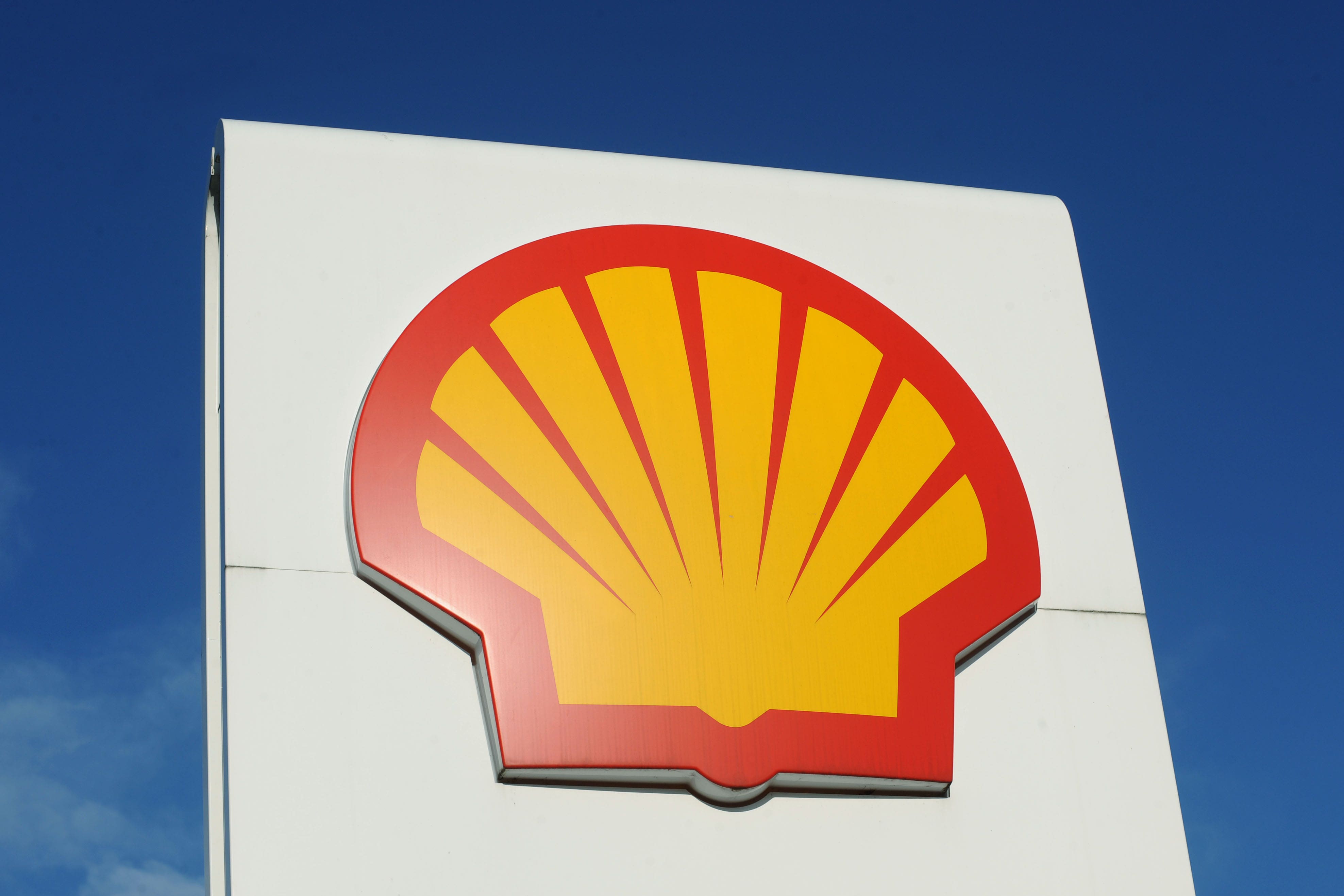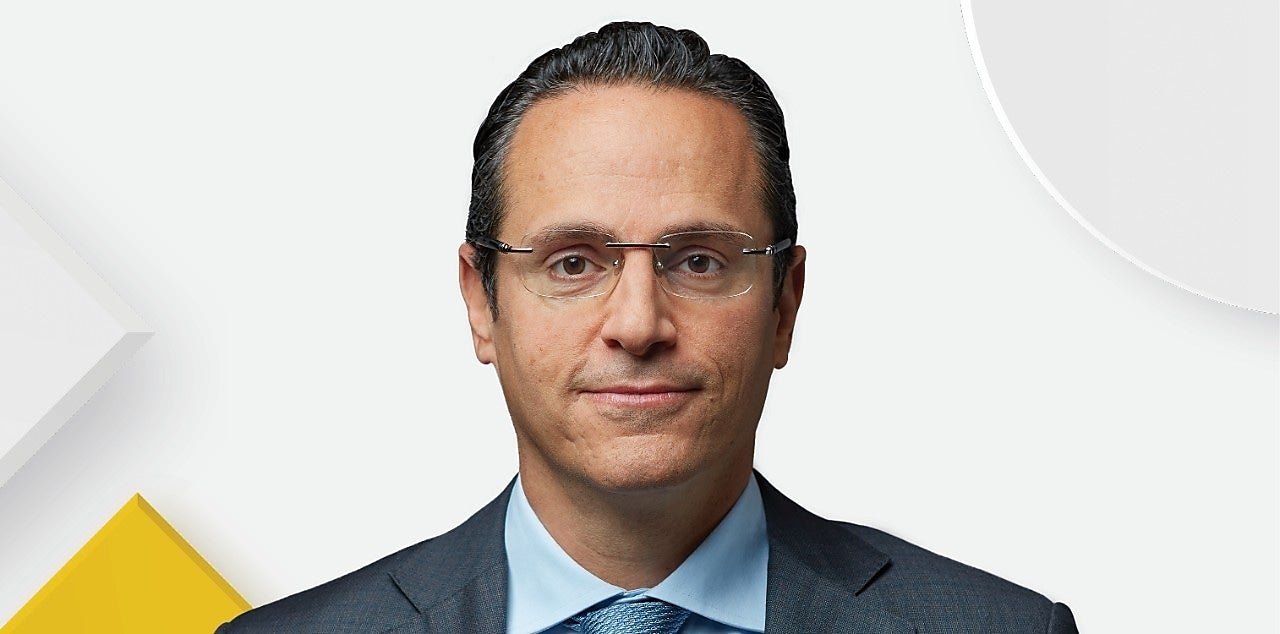Shell boss paid £8m in 2023 as oil and gas giant waters down climate pledge
Wael Sawan was handed a total pay packet worth £7.94m, although this was down on his predecessor’s £9.7m

The boss of Shell was paid nearly £8m last year, new figures showed on Thursday as the oil and gas giant watered down one of its climate pledges.
Wael Sawan was handed a total pay packet worth £7.94m during the period, Shell said, a reduction from the £9.7m that his predecessor Ben van Beurden earned in 2022, although higher than Mr van Beurden’s pay package for 2021.
Mr Sawan’s package included a base salary of £1.4m, an annual bonus of £2.7m and a £2.6m long-term incentive payment.
Campaigners said his salary, an estimated 227 times more money than the average worker earns, would be a “bitter pill to swallow” for the millions of people living with the high costs of energy.
The UK-based energy giant also watered down one of its climate ambitions, saying it was focusing on “value over volume” in the electricity sector.
The oil firm said that it now wants to reduce the “net carbon intensity” of the energy products it sells by 15-20 per cent by 2030, compared to its previous 20 per cent target. The target is measured against 2016.
The business explained the changed target by saying it is now planning to focus more on selling electricity to business customers, rather than households. This means that its electricity sales will not rise as rapidly as previously thought by 2030, slowing the rate at which the carbon intensity can be cut.

Jonathan Noronha-Gant, senior fossil fuels campaigner at Global Witness, said: “Shell’s CEO £8m pay packet is a bitter pill to swallow for the millions of workers living with the high costs of energy. Our reliance on Shell’s dirty oil and gas make them rich whilst the rest of us get poorer.
“Nothing highlights our broken energy system more than the Shell boss receiving 227 times more money than an average UK worker.
“Whilst energy executives celebrate making billions from the war in Ukraine, millions of people struggle to heat or feed themselves. We need our politicians to prioritise their people and not the polluters who fund them.”
Last week BP, another UK-headquartered oil and gas giant, revealed that its new boss was paid more than £8m in the last financial year before he took over the top job full-time.
Murray Auchincloss’s pay package consisted of more than £1.5m in salary, benefits and cash in lieu of pension. He was also handed a £1.8m bonus, and a little under £4.7m in shares that were linked to performance. Mr Auchincloss was chief financial officer for most of 2023, but took over as interim chief executive in September when his predecessor stepped down.

Meanwhile, Shell set a new ambition to reduce the emissions that are produced when customers use its oil products by 15-20 per cent by 2030 compared to 2021, a part of so-called Scope 3 emissions.
Last month The Independent revealed that some of the biggest energy companies operating in the UK raked in “eye-watering” profits of more than £1bn a week across the globe as millions of Britons struggled with the cost of living squeeze.
Shell, Equinor, ExxonMobil and BP – some of the UK’s biggest suppliers of gas – made £65bn in net profits in 2023, leading campaigners to accuse the multinational firms of “stoking the energy bills crisis”.
Join our commenting forum
Join thought-provoking conversations, follow other Independent readers and see their replies
Comments
Bookmark popover
Removed from bookmarks